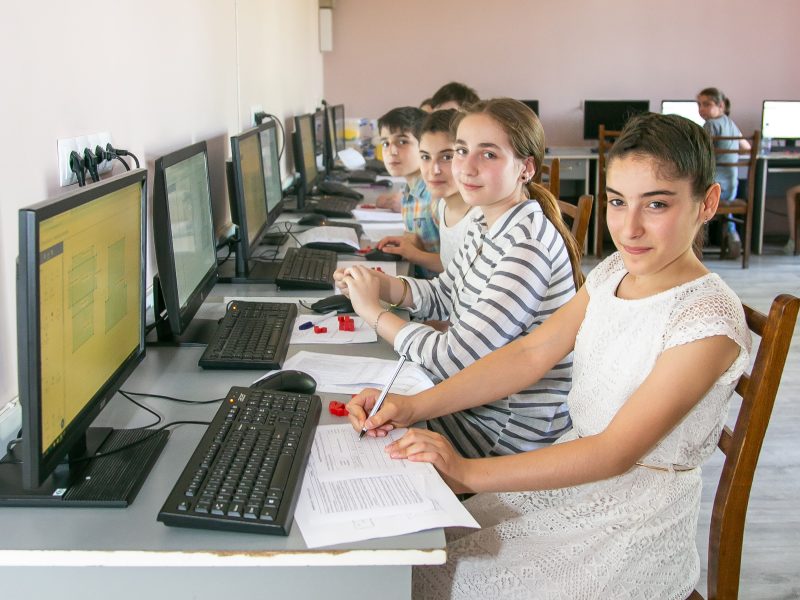
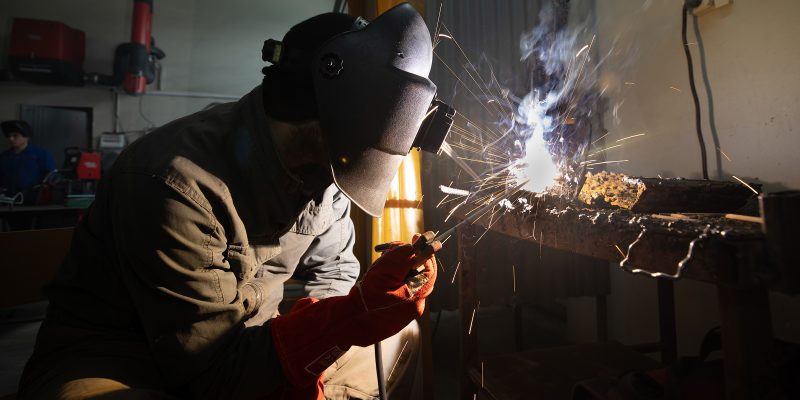
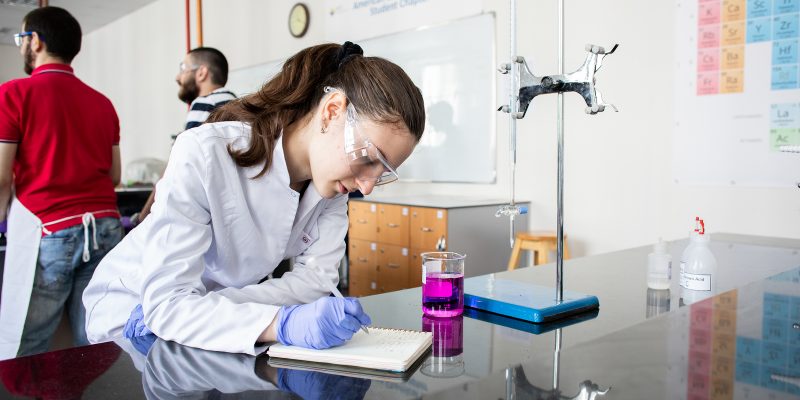
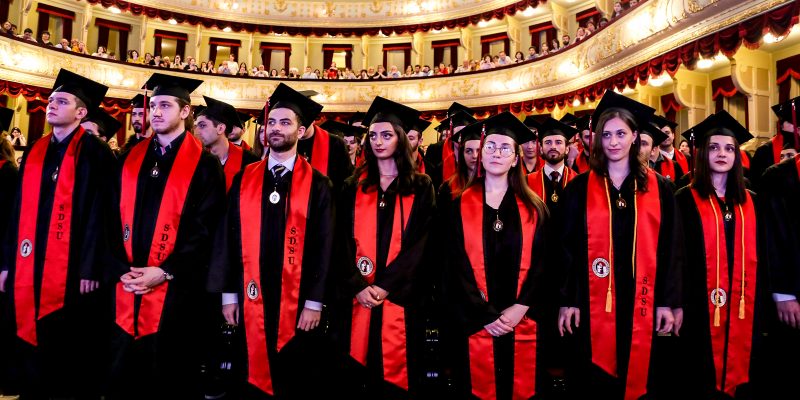
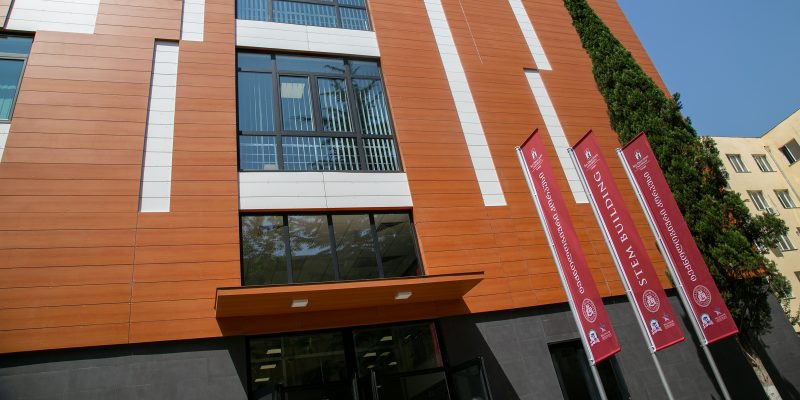
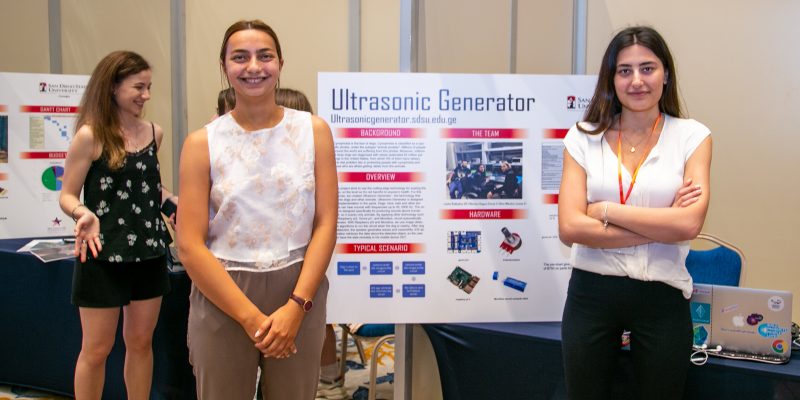
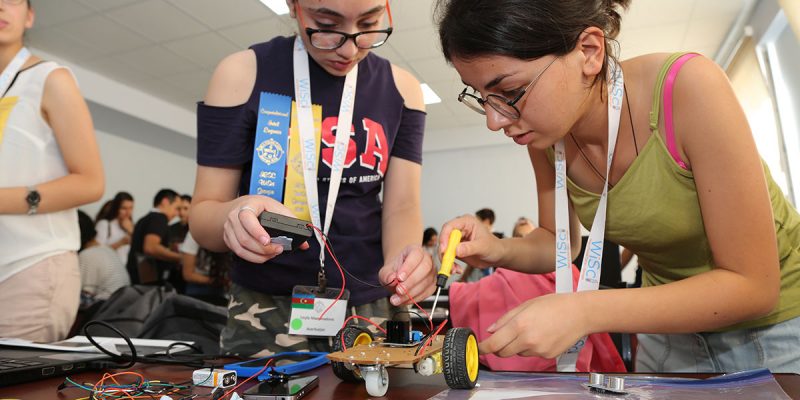
Girl Up
In August 2018, as part of the Georgia II Compact, MCC, partnered with Girl Up, Intel, Google, the U.S. Department of State and the Millennium Challenge Account-Georgia (MCA-Georgia), to host the Women in Science (WiSci) Camp in Tbilisi, Georgia. The camp brought together 100 girls from Georgia, Armenia, Azerbaijan and the U.S. to build science, technology, engineering, arts, and math (STEAM) and leadership skills. The public-private partnership was designed to expand STEAM exposure and opportunities for adolescent girls.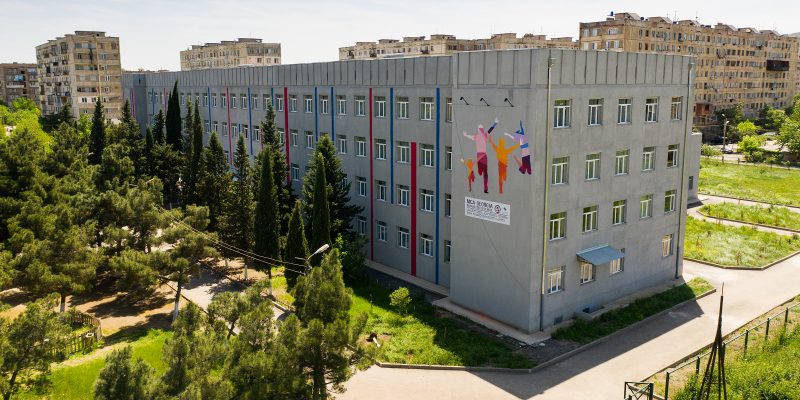
Learn more about the accomplishments of the compact on our feature page.

